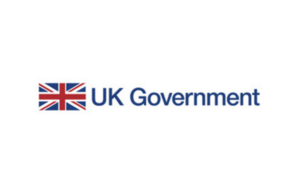UK kickstarts talks to join £9 trillion global trade bloc
The UK is kicking off its first negotiation meeting with all 11 members of CPTPP – a major trans-Pacific bloc which includes Canada, Japan, Mexico and Australia.
While other members have previously met to discuss the UK’s application, the first UK-attended meeting of the CPTPP’s UK Accession Working Group begins virtually in the early hours of Tuesday 28 September. These talks will kick off a series of negotiations on the UK’s accession to the trading partnership.
CPTPP had a combined GDP of £9 trillion in 2019, and is home to 500 million people including some of the world’s biggest and fastest-growing economies across Asia-Pacific and the Americas.
Joining the partnership could mean tariff-free trade for 99.9% of our exports, including food and drink, and cars, while also creating new opportunities for modern industries like tech and services, ultimately supporting and creating high-value jobs across the UK.
International Trade Secretary Anne-Marie Trevelyan said:
This is a big milestone on our path to joining CPTPP, which will allow us to forge stronger links both with old friends and some of the world’s fastest-growing economies.
Joining this high-standards partnership will provide real opportunities for UK exporters and service providers and help our innovators open up new, diverse markets. Seizing opportunities like this is exactly what Global Britain is about and will help bring high-quality jobs and prosperity to every region of our country.
These initial talks will focus on how the UK meets the standards set out in the CPTPP agreement. The deal is one of the world’s most advanced in both digital and services trade, which plays to the UK’s strengths as the world’s second-largest services exporter.
At the same time new Trade Minister Penny Mordaunt is visiting two CPTPP countries – Chile and Peru – on her first official visit as Minister of State.
She will meet Chile’s Minister of Agriculture Maria Emilia Undurraga, and her Peruvian counterpart Roberto Sánchez as well as businesses from the region.
Her talks will focus on the benefits of the UK joining the dynamic trading bloc as well as opportunities for expanding bilateral trade with the two countries.
Trade Minister Penny Mordaunt said:
Chile and Peru are important strategic trade partners for the UK, and I will be using the visit to explore deeper trade and investment ties with both countries. As we kick off negotiations to join CPTPP, there is no better time for British businesses to take advantage of the growing export opportunities in this dynamic part of the world.

